What are Keywords?
Keywords are the words and phrases that are used by websites and writers to describe the main topic of a piece of content. These are the terms that you want to rank for in the SERPs (search engine results pages) – the link between what users are searching for and the content you’re providing.
In addition to SEO campaigns, Keywords are also used in pay-per-click (PPC) advertising campaigns. In PPC, keywords are used to trigger ads that appear at the top of search results, targeting users who are actively searching for related terms.
Keywords vs Search Terms: What’s The Difference?
While keywords and search terms are often interchangeably used, they do mean different things:
- Keywords: These are the words and phrases that writers target in their content or bid on in PPC campaigns. Keywords are strategically used based on what people are likely to search.
- Search Terms: These are the actual words or phrases that users type into search engines. Search terms reflect the exact language that people use when looking for information, products, or services.
Types of Keywords
Not all keywords are the same and can be categories in a number of ways. The most common include:
- Length: Keywords can be short-tail (one or two words), mid-tail (three to four words), or long-tail (four or more words). Short-tail keywords are broader and more competitive, while long-tail keywords are more specific, often with lower competition but higher intent.
- Purpose: Keywords can be categorised based on their purpose, such as informational (used to find information), navigational (used to find a specific website), or transactional (used when someone is ready to make a purchase).
- Audience Location: These keywords are location-based and target specific geographic areas, like “Digital Marketing Agency in Sydney” or “SEO agency near me.” Some keywords aren’t limited to geographic location and are relevant to a wider audience, such as “SEO tips” or “top recipes for two”
- Seasonality: Seasonal keywords are relevant during specific times of the year. These are typically focused on events and holidays such as “Christmas gifts” or “summer dresses,” and can help you capture traffic during different peak periods.
- Brand Association: Branded keywords include a specific brand name, like “Digital Nomads HQ while non-branded keywords are more generic, like “Digital Marketing Agency.”
The Different Keywords in a Content Strategy
- Focus or Main Keyword: This refers to primary keyword that you want your page or article to rank for in search engines. It is the main topic of your content and is typically used in key places like the title, headings, meta description, and throughout the body of the text.
- Secondary or Semantic Keywords: These are related terms or variations that support your main keyword. They help provide context and depth to your content, making it more comprehensive and helping search engines understand the topic better.
- Seed Keywords: Seed keywords are the basic terms or ideas that form the base of your keyword research. They are usually broad and generic terms that help you find more specific, long-tail keywords.
Why Are Keywords Important?
Keywords for the foundation of your SEO strategy. By targeting the right keywords, you can attract relevant traffic to your site—people actively seeking the products, services, or information you offer.
It also helps search engines understand your content, making it easier for your site to be matched with relevant queries and improving your chances of ranking higher in search engine results pages (SERPs).
With effective research, they can also offer some interesting insights into what your users are actually searching for, allowing you to create content that addresses the specific needs and pain points of your audience.
Don’t Forget: While keywords are a crucial part in your SEO strategy, they aren’t the only factor you need to consider! A well rounded SEO strategy includes (but is not limited to) creating quality content, building backlinks, focusing on user experience and intent.
How To Best Target Keywords
- URL: This is the web address of your page (the link you see in the bar in your browser). Including keywords in the URL helps search engines and users access understand the page’s content.
- Meta Title and Description: The meta title helps search engines and users understand the page’s main focus, while the meta description provides a concise summary that can influence whether users decide to visit your page.
- H1 Tag: This is main heading on your page and provides context about the main topic of your page. Using your primary keyword here makes it clear to both visitors and search engines what your page covers.
- Subheadings: Additional headings (H2, H3) are used to organise content and make it easier to read. Using keywords throughout your subheadings helps to reinforce the relevance of your content and guide both users and search engines through the page.
- Content Body: This is where you share the main message of your page. Naturally incorporating keywords into your content not only helps search engines understand what your page is about but also makes your content more engaging and relevant for users
- Anchor Text: These refer to the clickable text in a hyperlink. Using keywords in anchor text for internal links helps guide users to related content across your website.
- Image Title: This is the name you give to an image file. Adding keywords to the image title provides extra context for search engines, helping them understand what the image is about.
- Alt Text: This describes the image if it can’t be displayed and helps search engines “see” what the image contains.


